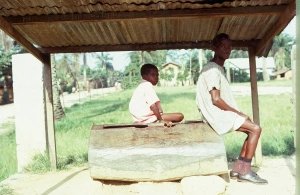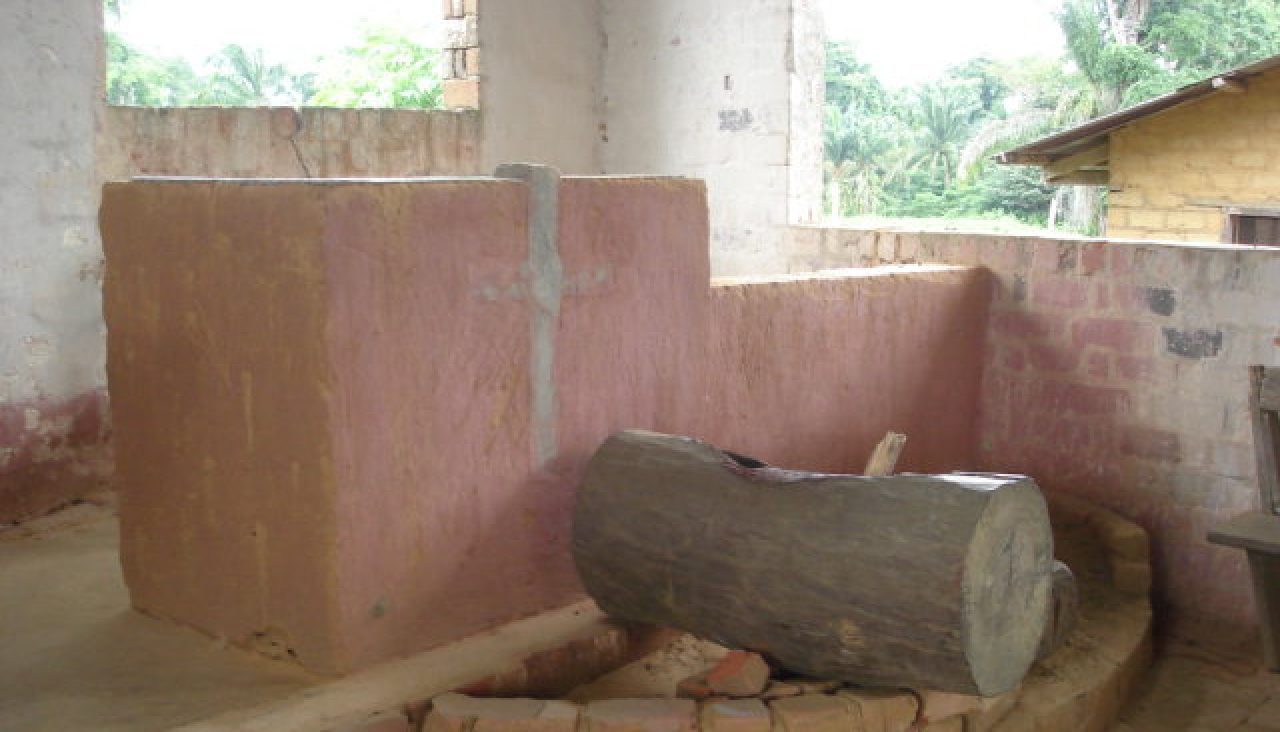
Where is a church digging wells for clean water, organizing microcredit loan programs, educating the community in AIDS prevention, and training women and youth in productive, profitable agriculture? Why in the Congo of course where the role of the State in the economic and social development process has been limited to non existent in the fifty seven years since it became a new nation in 1960. Those who are disturbed about government involvement in the economy and even basic services in the U.S. might consider the effects of a “hands off”/”laissez faire” approach to governance in the Congo. One of the richest countries on earth in terms of natural resources ranks 176 out of 185 nations in the world in the most recent UN Human Development Index. The UN development study further figures that 77 per cent of the Congolese population live on the equivalent of less than $1.90 a day.
As a newly “autonomous”, self governing and self sustaining church body in 1965, the Disciples of Christ of the Congo included in its mission the economic and social development of its primarily rural membership in the poorest province of the country. Cattle raising in the fields of the Church’s first mission station, a youth agricultural training farm in the village of Ikengo, a cement block and sand dredging small business, training in sewing and tailoring had all been started and were managed by church staff and volunteers by the late 1960’s. In the early 70’s the Disciples churches had changed the landscape of the provincial capital Mbandaka with the house building program in the Bokatola quarter of the city. With the assistance of missionary couple Millard and Linda Fuller, over one hundred new houses were built using the “sweat equity” approach that became Habitat for Humanity in the U.S. and world wide.
A recent article by the Disciples Church’s Director of Communications updates us on more recent development projects and emphases of the Church’s Development Department. (read the article and others in French at http://natana.tumblr.com/ ) M. Nathan Weteto reports that the former Director of the Ikengo Agricultural Training Center M. Celestin Engelemba now serves as Director of the Department. Assisted by advisors M. Desiré Safari and Disciples missionary Paul Turner, M. Engelemba’s success in restoring and growing the training at Ikengo in the early 2000’s is likely to be duplicated across the vast reach of the Disciples’ churches.
What follows is a photo display depicting some of the current development programs of the Disciples of Christ in Congo. It should also be noted that the Disciples’ contributions to economic advance in the communities they serve has been supported by the Development Department of the Church of Christ of Congo. The Disciples are one of over 60 Protestant church bodies or “Communautés” (Communities) making up the union of Protestant churches in the country.



















